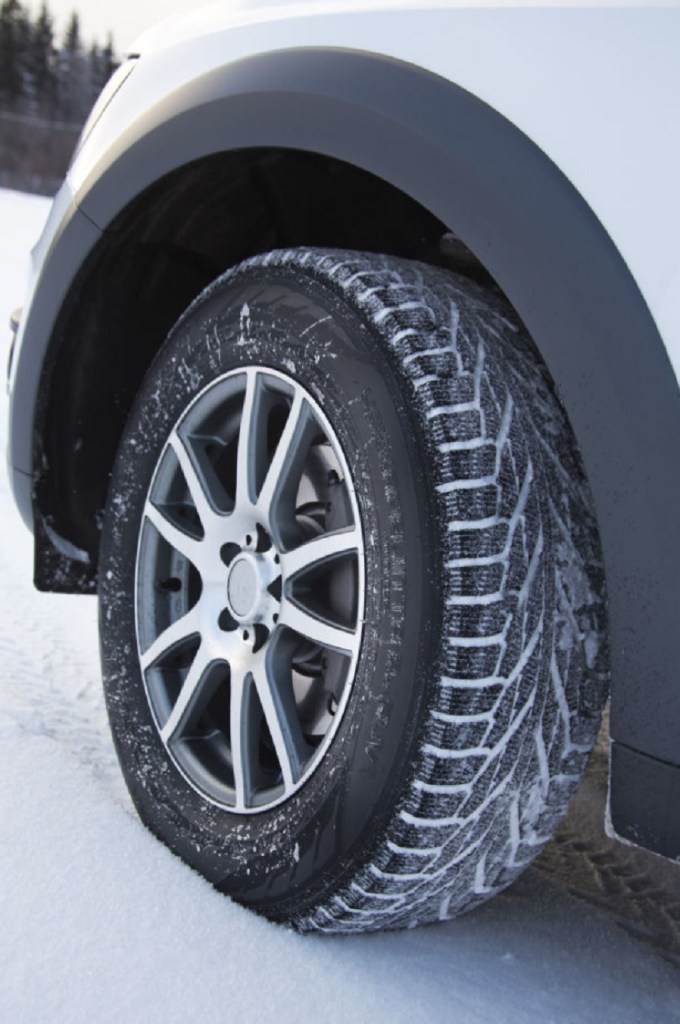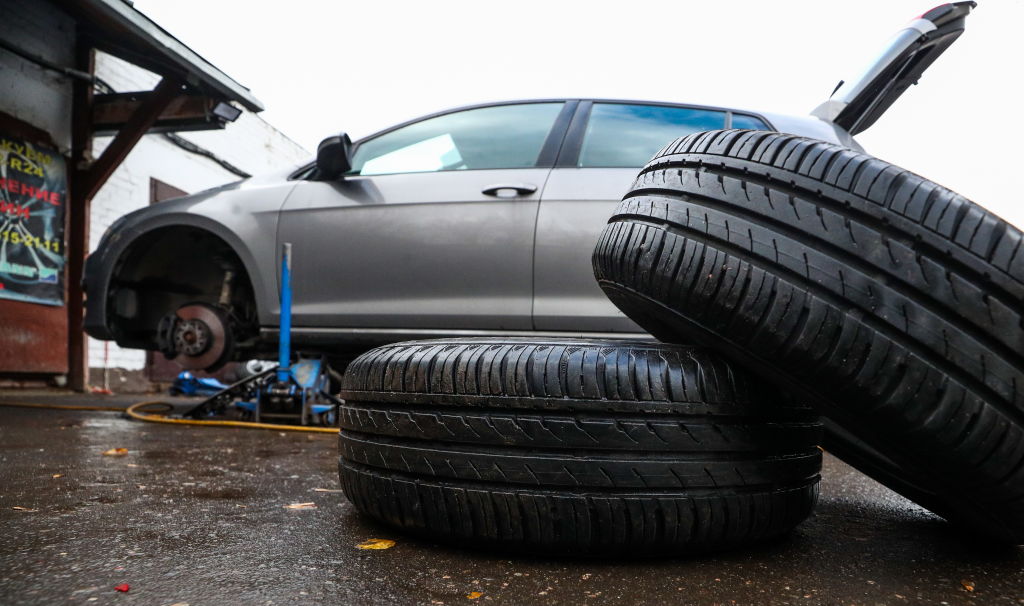
Do All-Season Tires Perform Well In the Snow?
Winter is coming, just like it does every year, and if you live in an area where it snows often, then you’re probably familiar with outfitting your car with either all-season or winter tires. Ideally, you would want to put winter tires in the winter and use summer tires in the summer, however, a set of all-season tires are meant to give you the best of both worlds, or seasons. But can they really perform well when the white stuff hits the ground?
All-season tires vs winter tires
All-season tires are the most popular choice of tires in North America because they can be used in a wide variety of temperatures and terrains, hence the name. This also means that the rubber compound used for all-season tires are typically harder than the rubber compound used for winter tires because they need to last longer and provide grip at a wider temperature range. The downfall to using all-season tires in the winter is that they typically don’t perform as well when the outside temperature drops below 45 degrees Fahrenheit.
On the other hand, winter tires are made from a softer compound and have tread blocks that designed to grip the road more when traversing icy and snowy terrain. As such, if you live in an area where it tends to snow, it’s recommended that you use winter tires for maximum safety. While all-season tires can technically get the job done, they won’t perform as well in snowy conditions, which are typically below 45 degrees Fahrenheit.

RELATED: Now Is the Time to Buy Your Winter Tires
What good are all-season tires then?
Don’t get us wrong, all-seasons tires are still good to use if you live in a colder climate like in the Pacific Northwest or perhaps as far as Colorado, per se. But if you frequent the snowy mountain range, live in the northern or eastern parts of the country, then winter tires are highly recommended.
According to Ars Technica, part of the issue is that the tire industry hyped up all-season tires as being a “cure-all” to withstand any season. What doesn’t help either is that most people think of winter tires as “snow tires,” which means that they’re only meant for when snow is actually on the ground that you drive on.
However, a tire’s compound is very important and it’s more important to match that compound to the type of environment and temperature that you are normally going to be driving. Yes, all-season tires will let you run your errands when it’s snowy, but don’t be surprised if your car still slides a lot or if it takes your car longer to come to a complete stop.

What about all of the car’s computers and driving aids?
And while you might think that your modern car’s computers and driving aids like traction control and “snow mode” will save you, keep in mind that those technologies are put in place to help keep in the car accelerate by limiting its initial throttle input off the line. But the car’s tires are the only parts of the car that are actually touching the ground, so when you accelerate, brake, and turn, your car’s tires will be the only parts of the car that will dictate how well it does those things. For a more visual demonstration, check out the video below:



